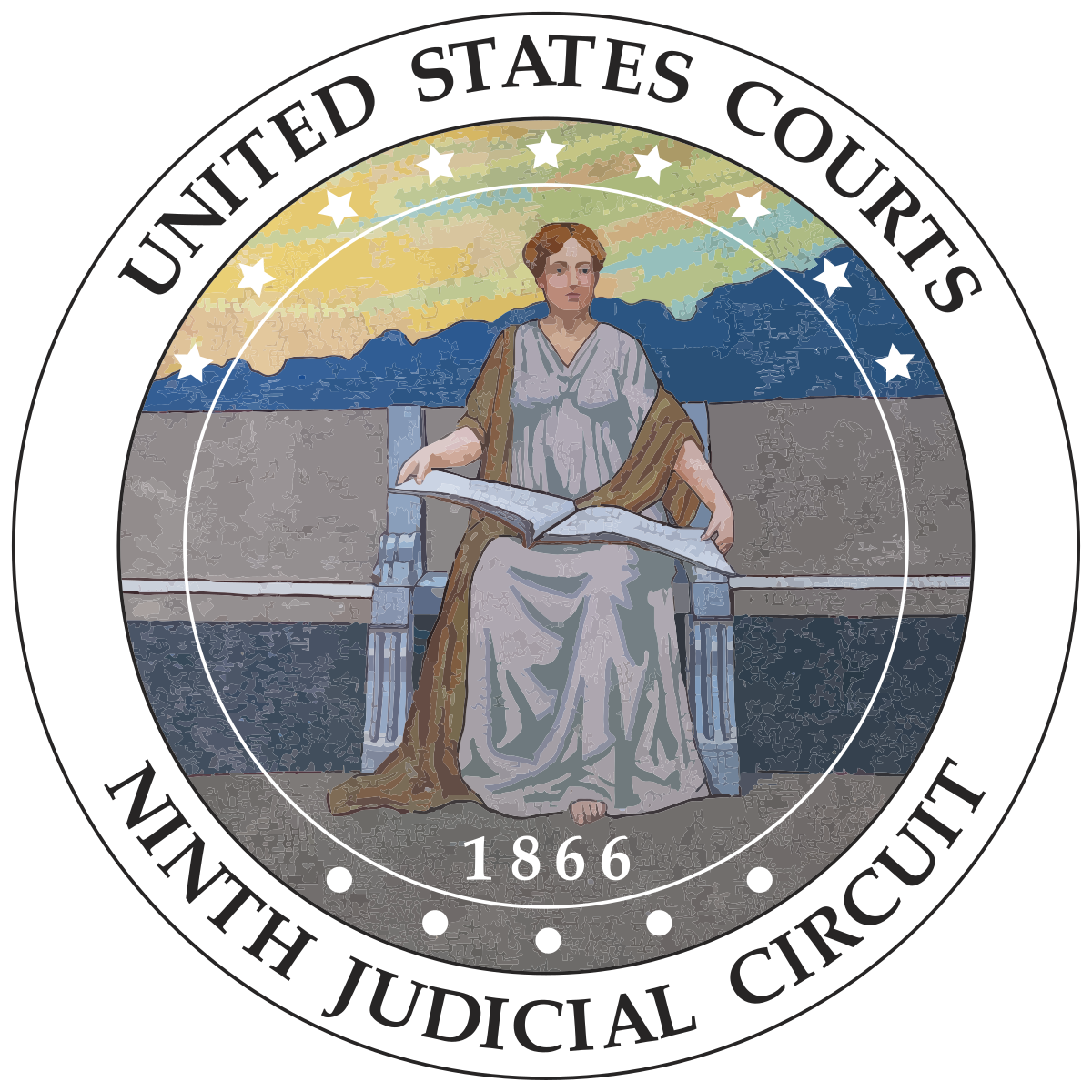This post was originally published on Forbes May 13, 2015
The Ninth Circuit’s decision in the case of the Center For Competetive Politics v Kamal D. Haris (Attorney General of California) is almost two weeks old and has been covered in other places, so I almost invoked my “You snooze, you lose” rule against myself, but I think I may have something to add. It concerns a fairly obscure issue, but the case does have a loose connection to the interminable IRS scandal (On Day 733 by TaxProf count as I write this).
The Attorney General argues that there is a compelling law enforcement interest in the disclosure of the names of significant donors. She argues that such information is necessary to determine whether a charity is actually engaged in a charitable purpose, or is instead violating California law by engaging in self-dealing, improper loans, or other unfair business practices.
Federal law is supreme and Congress can certainly preempt a state’s authority. However, principles of federalism dictate that we employ a strong presumption against preemption
The language is better construed as a limited grant of authority than as a prohibition. However, even if CCP’s reading were accurate, a statute restricting the disclosures that the Commissioner of the IRS may make does not expressly preempt the authority of state attorneys general to require such disclosures directly from the non-profit organizations they are tasked with regulating.
CCP will review the 29-page opinion, issued May 1, and could pursue it to the Supreme Court. “The ruling asks us to make an impossible choice: either retroactively disclose donors to the Attorney General or cease asking Californians to support our work to defend free speech,” President David Keating said in a statement. “Ultimately, the Supreme Court may need to reaffirm its longstanding view that people can join groups without reporting their activity to the government, especially for educational purposes, unless the state can provide a specific and powerful reason for insisting otherwise. It gave no such reason in its briefs,” he said.
Mega-rich political donors and the conservative pundits who most fiercely defend them have a phrase to describe the mental illness that compels people to seek transparency in government and the electoral system: “Lois Lerner Syndrome.”
Lerner, an IRS official vilified by those on the right for perceived political persecution by the agency, was invoked by the Washington Times in describing a lawsuit brought against California Attorney General Kamala Harris last year by the Virginia nonprofit Center for Competitive Politics (CCP).
She wanted to know who their major donors were and they wanted her to stop asking. Although the state could have been asking for the names since 2001, it didn’t until 2013.
Charities help those in need. The center accomplishes that by funneling large amounts of money into political campaigns that promote the deregulation of elections and destruction of campaign finance laws. The center was founded in 2005 by Bradley Smith, a former Clinton appointee to the Federal Election Commission (FEC).
When NOM claims that providing the unredacted form is “something it cannot do” it is really saying that this is something it chooses not to do. Furthermore, NOM admits that the state still considers them to be in good standing.































































































